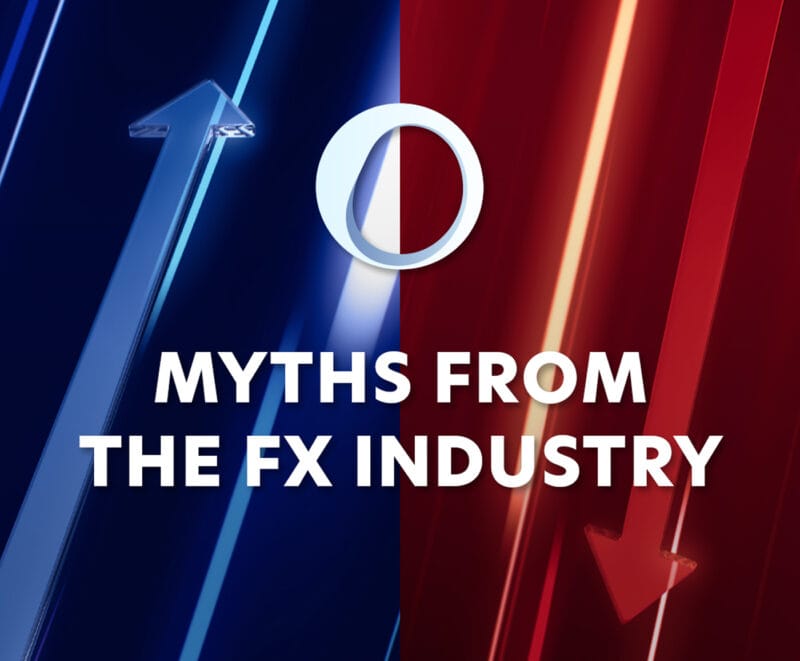Fintech is the buzzword on everyone’s lips these days – and with good reason. According to a 2019 EY fintech report, the fintech sector has grown rapidly over the past several years, with the global adoption of fintech services going from 16% in 2015 to 64% in 2019. Fintechs have become synonymous with technological disruption in the financial and banking sectors, but banks have nothing to fear. In fact, by joining forces, both fintech companies and financial institutions will flourish and grow.
Initially, many financial institutions met the heightened focus on digitization with a large dose of skepticism. However, the financial institutions that do embrace fintech quickly end up with a competitive advantage – and vice versa is true for fintech providers that collaborate with banks. We’ll go through why in this article.
Collaborative opportunity instead of rivalry
As the title suggests, it’s not just banks and financial institutions that can benefit from such an alliance. Yes, fintech holds the tools that unlock digital transformation, but banks have access to large client pools and capital plus vast knowledge rooted in regulatory compliance and licensed financial products that fintech yearns for.
It’s a match made in heaven if fintech and banks decide to join forces. Only then can they both leverage the full potential of the entire finance sector.
There are several ways to achieve the described symbiosis. Of course, banks could opt for buying a fintech firm, fully integrate the fintech firm’s tools and rebrand them entirely. But that’s not always necessary. Instead, a financial institution can choose to buy specific fintech tools and contain them as part of their own offerings or engage with a fintech firm and use it as a supplier.
And the first step? Changing the mindset that legacy systems are key to success.
Replace legacy systems and reduce costs
Existing legacy systems have proven too slow for an all-digital time with a massive need for tech upgrades. Many legacy systems don’t provide financial institutions with the revolutionary upgrades needed, despite increasing licensing fees. That has left financial institutions with two options: Either build new tech in-house – a slow and arduous process – or look to fintech providers for new infrastructures.
The last option has a lot of upsides, including:
- Finding an outside provider frees up time and resources in-house
- Digital transition will happen more quickly
- Costs are reduced significantly
Freeing up time and bringing about change fast is vital for any established financial institution but not as important as bringing down costs. Traditionally, banks and financial institutions have placed big bets on legacy providers they anticipated would be in place for years and years.
They now realize that such systems need improvements or a total replacement more often than expected. Being tied into just one system also racks up costs and provides no real value long-term because demands are subject to change. Instead, they should spend smarter and invest in different fintech providers or a centralized fintech platform that caters to many different needs and constantly improves the product range.
The United Fintech way
Bill Gates said in 1994 that “banking is necessary, banks are not.” It’s a statement that some fintech providers pull out today, in 2021, thereby indicating that technology will make banks obsolete. We don’t believe that’s true, not in 1994 and not in 2021. At United Fintech, we believe that finance and technology can strengthen each other through a synergistic collaboration.
The financial crisis of 2008 proved that banks have their work cut out for them if they want to remain relevant and earn back some of the trust lost due to regulatory rigidity and high costs – among other things. A sure way to do it is by partnering with fintech.
Forming alliances with financial institutions is the future for both banking and fintech. Through collaboration, both parties can add tremendous value and growth. In short, fintech meeting banks is a match made in heaven, and we’re here to facilitate the constellation.
________
About United Fintech
United Fintech enables banks and financial institutions to accelerate access to innovative digital technology from a wide range of fintechs specializing in capital markets.
Through a series of strategic acquisitions, United Fintech plans to build an extensive portfolio that includes trading platforms, liquidity management, and regulatory reporting tools through AI and machine learning applications, Big Data tools, institutional Blockchain, Bots, and Virtual Assistants.
Interested in learning more about our products? Don’t hesitate to contact us!














